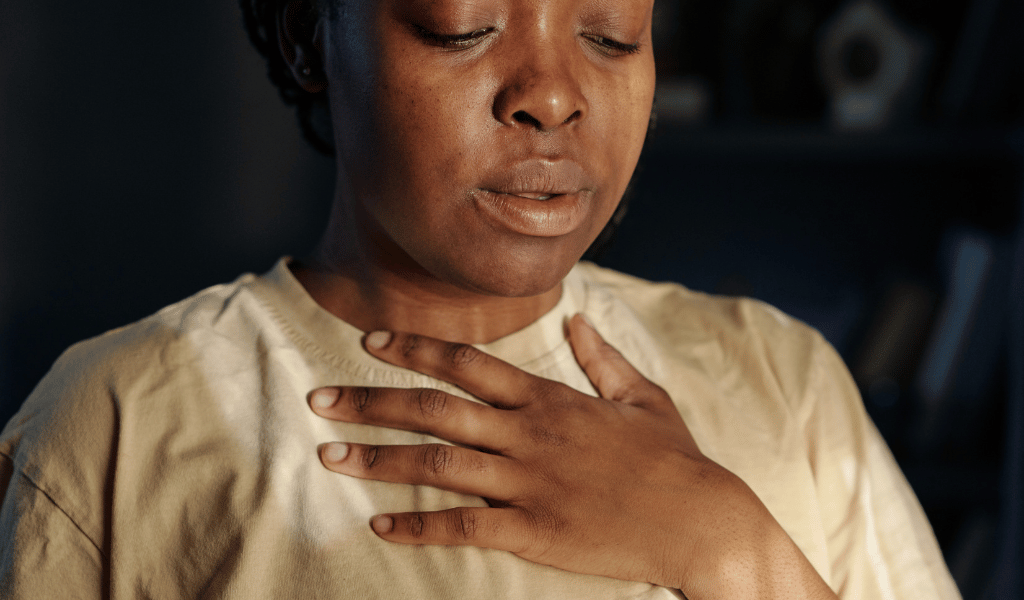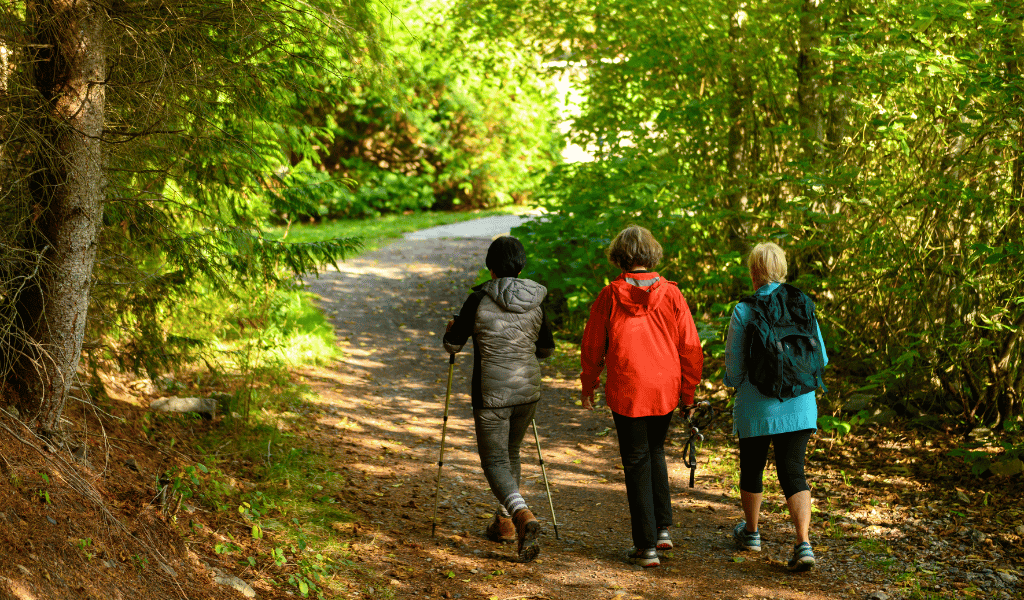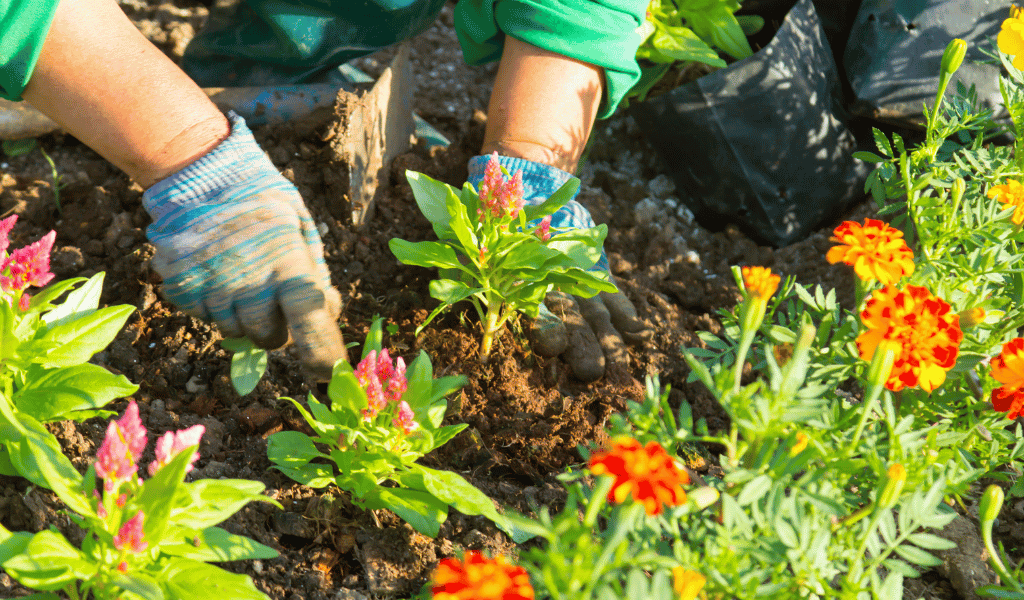Stress is something we all experience. Stress is not all bad; we need some to help us get up and get out of the house and go to work. The problem becomes when stress builds up and we find it hard to let it go from our bodies, then it can become toxic and make us very unwell. The key is first understanding how your body lets you know that you are stressed. Our bodies are amazing at letting us know when something is wrong, but we are not always that great at listening or recognising the signs.
Just for a moment, think about how you know when you are stressed, how it feels in your body.
Some physical signs of stress can be:
Alongside this, you might be feeling:
Sometimes we know the cause of the stress, and we can do something to eliminate the cause, but that is not always possible; often stress may be triggered by things which are outside of our control. But even if we can’t eliminate the cause, we can learn ways to release the stress from our bodies. Stress can make us very ill if it builds up in our bodies, but we can learn ways to minimise this. For the rest of this article, I am going to share some ways to release stress. The general advice is that we need to find ways to release stress each day.

Research into the impact of nature on mental health and stress response is a rapidly growing area. The research shows us that being in nature for just 10 minutes is enough to start lowering our stress responses. For this to make a difference, you don’t have to be in a woodland or on a beach; this could be walking (or sitting) in the local park, it could be gardening, or outdoor swimming, going for a run or cycling. It doesn’t really matter what you do; just being outside, in nature, lowers your stress response.
Exercise is a great stress relief. Find your thing, something that you can tolerate to start with! And if you keep going, it will become a habit you hopefully enjoy. My thing is swimming; I swim in a local pool every morning, Monday-Friday, but my love is cold water swimming. I swim in the sea, ponds, and rivers all year round. I think the experience of being in cold water is for me the best stress relief I know.

We all know from the covid experience that not connecting with others had a huge negative impact on many people. When I am delivering training on this subject, I recommend that they think of 5 people they can connect to when they are stressed or struggling. Ideally, you want a range of people from family, friends, and maybe work colleagues. If we only have 1 or 2, they may not always be available for us to connect with or may have their own difficulties, and you may not want to add to their load.
I think it is no coincidence that during COVID, a lot of people took up a creative practice; it can be a really good stress release. As with exercise, find your thing, that might be singing, dancing, playing an instrument, knitting, drawing or baking. Engaging in a creative practice can help you let go and switch off.

Have a little look at the list above. Is there something you can do now which helps to release any stress in your body?
Could you go for a quick walk?
Or take 10 minutes to sit in the garden and drink a cup of tea
Could you put some music on whilst you’re cooking tea and have a dance around the kitchen?
Could you ring a friend or family member later and tell them about your day?
Or maybe you sit and start a knitting project tonight, whilst watching TV
These are just a few ideas for letting go of stress. Don’t miss Sonia’s webinar where she will share more ideas and research behind this. Book your place by clicking ont he image below:
Sonia Mainstone Cotton – How to manage stress & overwhelm in Early Years